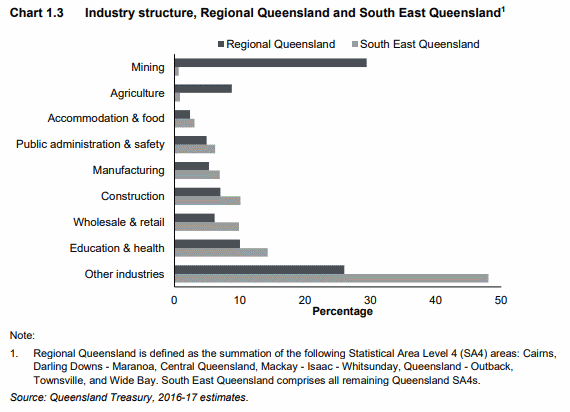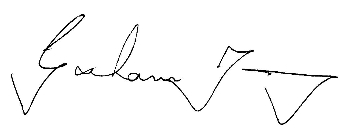|
|||||
Election, function and budgetDear , You should have already received our polling on the election so you know in detail what I think happened (if you hadn’t worked it out already for yourself). But there are a few other matters I want to touch on, but before I do… Postmodernist Australia is an unholy mess – book launchWe’re lucky to be partnering with Connor Court Publishing to bring you Giles Auty, and the launch of his book Postmodernist Australia: how to create an unholy mess on Tuesday June 25 at the Connor Court Book Room, 164 Boundary Street, WEST END, starting at 6:00 pm. Auty is reckoned as one of the UK’s best art critics, and has turned social commentator. I will interview him about his Postmodernist Australia and other things, and then he will sign and sell books afterwards. Refreshments will be served. Ticket prices range between $5 and $25 depending how early you book. To book click here. And bring your friends – it’s been a while since we’ve had a function. Federal ElectionI don’t want to take anything away from Scott Morrison – he had a huge task to bring the coalition back from the brink - but there are a lot of people who helped him and it's important to acknowledge them to understand that you're only as good as the next election. Top of the list is Bill Shorten, followed by Chris Bowen, Tanya Plibersek and Mark Dreyfus. I guess it was Bill’s idea to run a big taxing/big spending program from opposition, and to focus on voters he already had, like young people, while alienating voters he needed to get, like older ones. Christ Bowen gave the most memorable advice of the campaign “If you don’t like it, don’t vote for it,” and Tanya and Mark harnessed the religious vote for the government by threatening to take away some of its rights. Shorten’s optics were awful. He ran around the country either with Kristina Kenneally, who reminded everyone in NSW about state ALP incompetence and corruption; or his wife Chloe, whose glamour undercut his class warfare rhetoric. In the last week he did a campaign meeting aping Whitlam and even using the “It’s Time” theme, which reminded all those older Australians just how bad Labor could be. And had the bad luck to have Bob Hawke die in the last week, which reminded those older Australians what a good Labor government looks like. Then on the last day he ran a work to rules campaign and did a POETS and met his mate Dan Andrews for a beer. On top of that he wasn’t across any details, and couldn’t answer simple questions, like how much his climate policies would cost, or whether he thought Adani’s mine should proceed. Morrison meanwhile plugged-on until the end, showing he dearly wanted the prize, being encyclopaedic and thorough on policy, and human. He’s turned ordinariness into a virtue, exemplified by two photos with his arm raised, one in the church, and the other with his girls at the footie We played some part in this result. During the election campaign we released papers on electric vehicles, the first, fact checking claims, and the second analysing the cost. Labor and the unions claimed that corporations were stealing profits that ought to be workers’ wages, but that was disproven in this paper. We also did a thorough analysis of the franking credit policy. Free speech has been a key issue for us, and so when Israel Folau was sacked, we responded with media, and also a poll. We also pointed out the problems high energy costs are creating for business and suggested some of them relocate to Queensland to take up plentiful gas resources. I was happy to see the federal government taking some more steps to help fund the deposit gap for first home buyers, but ours is a better policy. Our polling was pretty good too, with this piece “Beware the wounded senior” published in The Australian. State BudgetQueensland just gets harder and harder to turn around – the deterioration in 5 years of Labor government has been extraordinary and Jacki Trad shows no interest in changing course. I won’t attempt a complete budget analysis, but note a few things.
We’re planning a major seminar on the Budget and Beyond, date and speakers to be arranged, but it is crucial, with an election due in just over a year, that good ideas are put up and bad ideas, and budgets, dispatched. And last...This graph from the state budget goes some way to explain what happened in the last federal election, and a demographic dynamic the state government is desperately trying to escape from. The proportion of the regional economy dependent on mining is huge. It is even larger in WA. And Queensland and WA were the two states that voted to return the government. There are two Queenslands with vastly different economic interests.
Graham Young |
||
|
|||||


